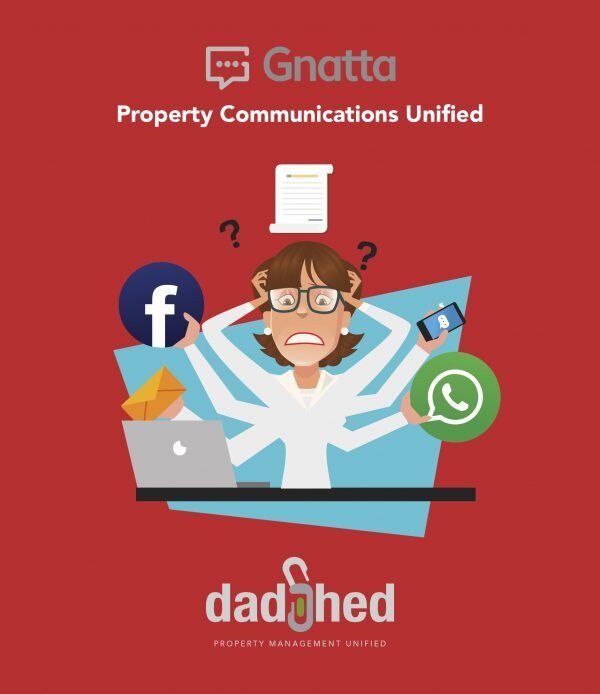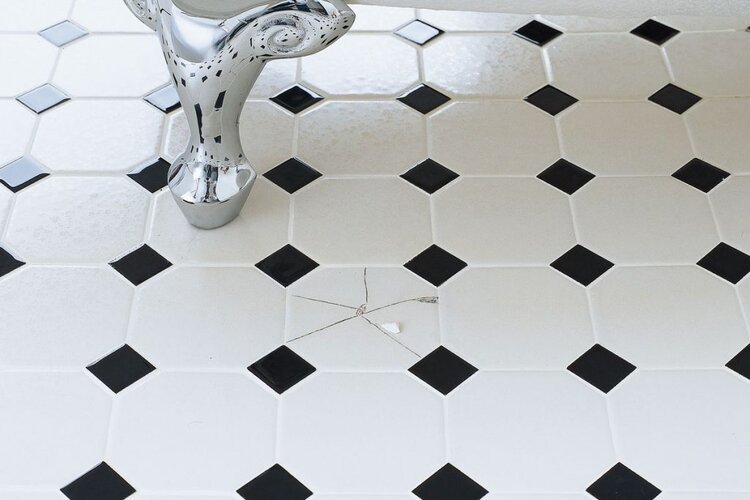We love Estate Agents
26 March, 2021
Estate agents are ideally positioned in society to manage the homes of owner-occupiers, not just during the transaction phases but throughout the occupancy. Why? Because they are likely to know more about the local communities in which they sell than others in the property industry. This includes information about:
- Contacts for plumbers, electrical engineers, specialist services, etc.- Retailers, particularly those in the household sector- Trades i.e. locksmiths, builders, carpet cleaners- Removal firms- Gardeners
They are likely to be better informed in that regard than most locals which is why we love estate agent and why we need their help – we believe they can be especially effective during the current pandemic environment in ensuring communities are safe, and organising deliveries for the most vulnerable, as they’re often physically positioned on the high street.
We know estate agents for the financial and valuation services they provide as well as their insight in marketing properties and managing negotiations, all of which are no longer relevant once a home has been bought/sold/leased. Yet the biggest issue during the lifetime of any residential property is managing it and not selling nor letting it.
For example, my elderly mother would greatly benefit from a local estate agent managing her home. Instead, her home is managed by her adult children who don’t live locally so most of their work requires hours of research for information that an estate agent would already be familiar with.
The brutal truth is that there is a lack of trust in the property sector and building industry so homeowners and occupants are much more comfortable adopting a ‘do it yourself’ attitude instead of consulting with an estate agent who would be better equipped to address their property-related issues. Unfortunately, we can’t all be as great at DIY as Laurence Llewlyn-Bowen and Carol Smillie from the 90s TV phenomena, ‘changing rooms’.
Studies show that there is a universal distrust of estate agents by the majority of the UK’s general public. On the other hand, estate agents in the USA – referred to as realtors – do not have this issue with poor reputation and can instead are able to command larger fees for the wider range of services they offer outside of valuation and negotiation, allowing them to build trust within their communities.
We are aware that switching from a transaction mindset to a more long-term professional service mindset is much easier said than done. The use of alternate business models from new entrants will make the incumbent sector irrelevant; such as office-based lettings/management portals or build-to-rent sectors creating their own concierge and social media advertising (a recent client of ours sold a home through Instagram directly without an estate agent). Perhaps some industry trade associations such as ARLA and NAEA could lead this endeavour. My suggestion would be to stop referring to homes as ‘stock’ and ‘units’ as language is important and no homeowner or occupant would refer to their homes as such.
The rental ‘transaction’ market is a third of the owner-occupancy market in the UK, it is currently an untapped opportunity that nobody has created a relevant, trusted management proposition for. There are some organisations such as and their homecare products that fulfil some of the services required by homeowners, though this does not address the help they might need with fixing a garage door, putting up shelves, finding an interior designer, etc.
Another suggestion would be to charge a nominal fee to cover basic home maintenance and necessities, then a fixed fee or hourly charge for additional services. Based on our insight, in the future, it won’t just be the rich and famous that will need their homes managed, it will also include the average Joe and Mrs Patel – most of whom are getting younger and more tech-savvy. Like with the modern car, properties are becoming too complex with the advent of IoT (Internet of Things) devices and smart homes.
Our team understands that the prospects we’re proposing are likely 20+ years away, depending on how frequently homes change hands, but you can start by prioritising rebuilding trust and brand image. At , we are creating a digital tool – a cloud-based homeowner manual – that allows users to manage their homes online, in effect becoming a property logbook for perpetuity. We are strictly a B2B business, not a consumer brand, which is why we want to work with estate agents and other experts in the property industry for their insight into property management and community knowledge.
Homeowners, future vendors and/or prospective customers would be for estate agents to service, not Shedyt, we are simply providing the platform that enables and supports you in working towards your goals. If you are an estate agent and would like to become a pilot user or if you have any questions or feedback, get in touch.

(B019)
Make Your Business Online By The Best No—Code & No—Plugin Solution In The Market.
30 Day Money-Back Guarantee
Say goodbye to your low online sales rate!








